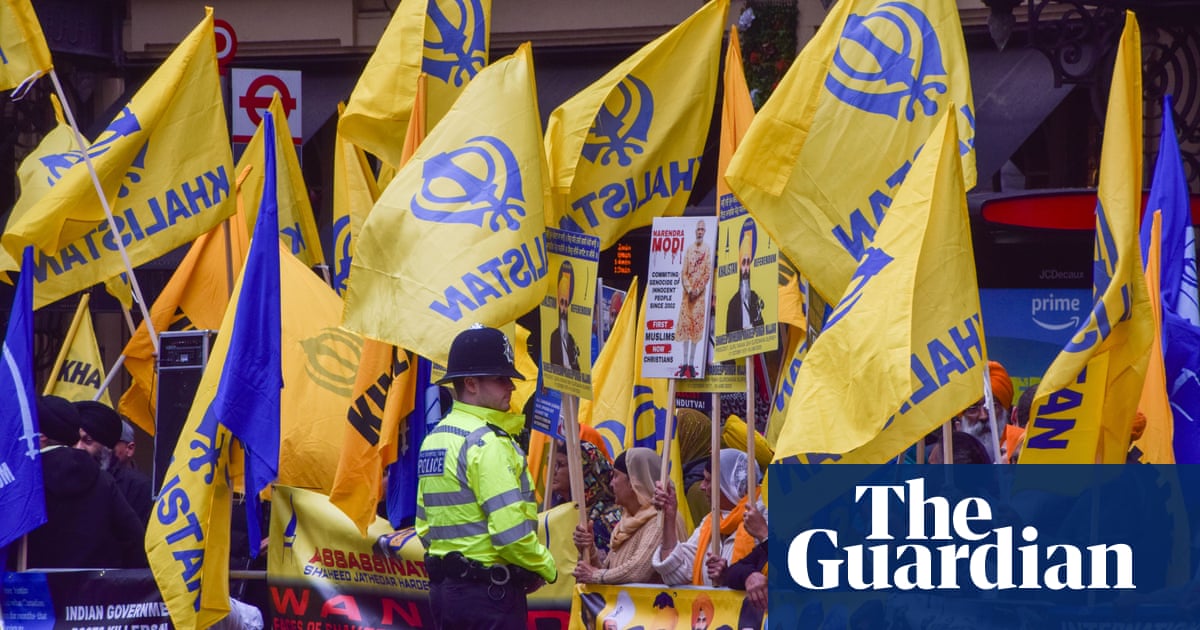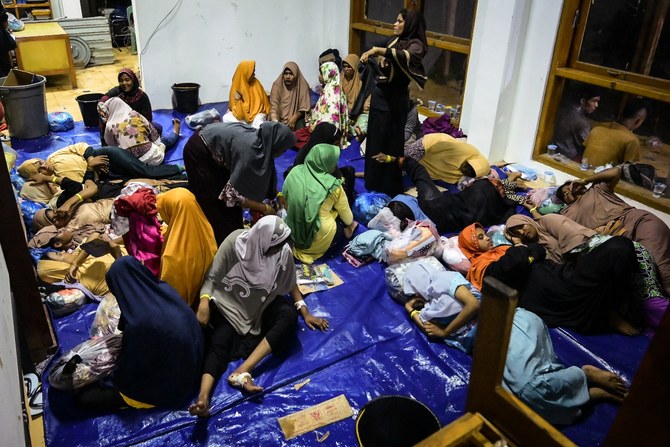
From soldiers randomly shooting passersby in the street to imminent economic collapse, anxieties have been plentiful in Myanmar since its military seized power on 1 February.
But unease was surging ahead of Armed Forces Day on Saturday when the military was expected to meet protesters with a brutal crackdown.
These expectations were more than realised. A one-year-old baby playing outside survived a rubber bullet to the eye, but other children, including a 13-year-old girl, were killed.
While the night sky in the purpose-built capital of Naypyidaw was momentarily aglow with a drone display of junta leader Min Aung Hlaing, his troops burned alive a snacks vendor in Mandalay. A witness said the man screamed for his mother as the flames enveloped him.
At least 114 civilians were killed on the day, according to news portal Myanmar Now, taking the overall number of those reported killed since the coup to more than 440.
On Sunday, Myanmar’s biggest city, Yangon, was stunned – not for the first time in recent weeks. Besides the odd ice-cream seller, the streets were muted, as the trauma of recent days surfaced in pedestrians’ reactions when a taxi backfired, or a brick hit the ground at a construction site.
An eerie silence hung over a usually bustling area of central downtown, where the previous day police had dragged a passenger from a car, reportedly because he raised the three-finger salute – a symbol of defiance against the military that, ubiquitous only weeks ago, can now put you at risk of harm and arrest.
Yet underneath the scorching sun, the padauk trees that line the streets are blooming their golden flowers, which represent strength in Myanmar. People are afraid, but so are the police. They have erected barricades around their stations in fear of retribution.
For some, the fear that has defined March has turned into fury at the military’s inhumanity, impunity and incompetence. A realisation has dawned that fighting and defeating the military, known as the Tatmadaw, is the only way out of this dictatorship. Some protesters have already moved to territory held by ethnic rebels for combat training while a group representing Myanmar’s elected government has hinted at the formation of a federal army comprising ethnic armed groups and pro-democracy supporters.
“The regime will fail,” said a 24-year-old protester, whose two friends were arrested on Saturday and who wished to remain anonymous for safety reasons. “The federal government will win.”
While many foreigners and locals were attempting to exit the country before more violence, infrastructure breakdowns, and the possibility of a civil war, those who were staying had strengthened their resolve.
A 19-year-old man described the bloodiest crackdown yet this weekend as “a loss for the future”, given the young people who were killed. “There is so much anger and an even stronger desire for the junta to be removed,” he said, but there is confusion about what should be the next steps for the pro-democracy movement.
Min Aung Hlaing’s long-term plan is unclear, if it exists. Rather than intelligence and rationale, large sectors of the public believe the general is driven by ego and cruelty.
“Everyone is disgusted to see the military leaders celebrating with a big parade and a dinner party when earlier that day they massacred well over a hundred people,” said a university student.
Min Aung Hlaing has unleashed unimaginable violence on Myanmar. But his coup has also had the unintended consequence of creating new leaders who are willing to correct the mistakes of the past, such as discrimination against the Rohingya, and lead a new, united country. They are showing the population that a future without the Tatmadaw is possible.
“The military’s actions are only making people angrier,” said the student. “We are furious more than scared.”












